Peter Kenneally reviews 'Crankhandle' by Alan Loney, 'Stone Grown Cold' by Ross Gibson, 'Aurelia' by John Hawke, and 'Dirty Words' by Natalie Harkin
Poetry books as artefacts in their own right, regardless of commercial viability or relevance to the click-bait Zeitgeist, are currently showing sturdy signs of life, so it is a welcome development to have the online Cordite Review sensibility fixed in print, in a palpable way and on a graspable scale. These are fine-looking books: Zoë Sadokierski’s cover design template allows for each book to have a distinctive colour scheme and for the images within the design to reflect the verse within, in its particulars and its atmosphere.

Crankhandle ($20 pb, 56 pp, 9780994259608), continues Alan Loney’s long-standing interest in capturing fragmented or passing thoughts and utterances. It reasserts his belief that these are not fragmented in the sense of being unfinished or worn away, but because, as he says, ‘fragments are all we have, and will ever have. If some are very long and some very short, then that is simply how things are.’ This book is a succession, or assemblage, of these fragments, but not in such a way that they are in order, or stuck together at any point. There are Oulipo-esque chunks of dictionary-mining, reflections on the body, and on language, and the death and decay of each: ‘hands unable / the skill leaving him / his dream of beginning / dissolved / prospect of becoming a poet / broken / the printing press / cranking out / the crack’d word.’ It is, as Michael Farrell aptly says in his introduction, a book of ‘thinks’. Loney, with the calm concentration acquired from years as a letterpress printer, rolls them out without trying to disguise the constant whisper of the type, rearranging and redisposing itself beneath the paper at every turn of the crankhandle. The book has a kind of coda, a concentration of thought coming after the expanse of thinks, that extracts the world-weariness one senses beneath the carpet of thoughts, and asks ‘do I / merely copy words down, another / Bartleby, who’d prefer to do / nothing else with his time / with his body’. That is an unanswerable question – there is not even a question mark – but it will be interesting to see what Loney cranks out next.
Continue reading for only $10 per month. Subscribe and gain full access to Australian Book Review. Already a subscriber? Sign in. If you need assistance, feel free to contact us.


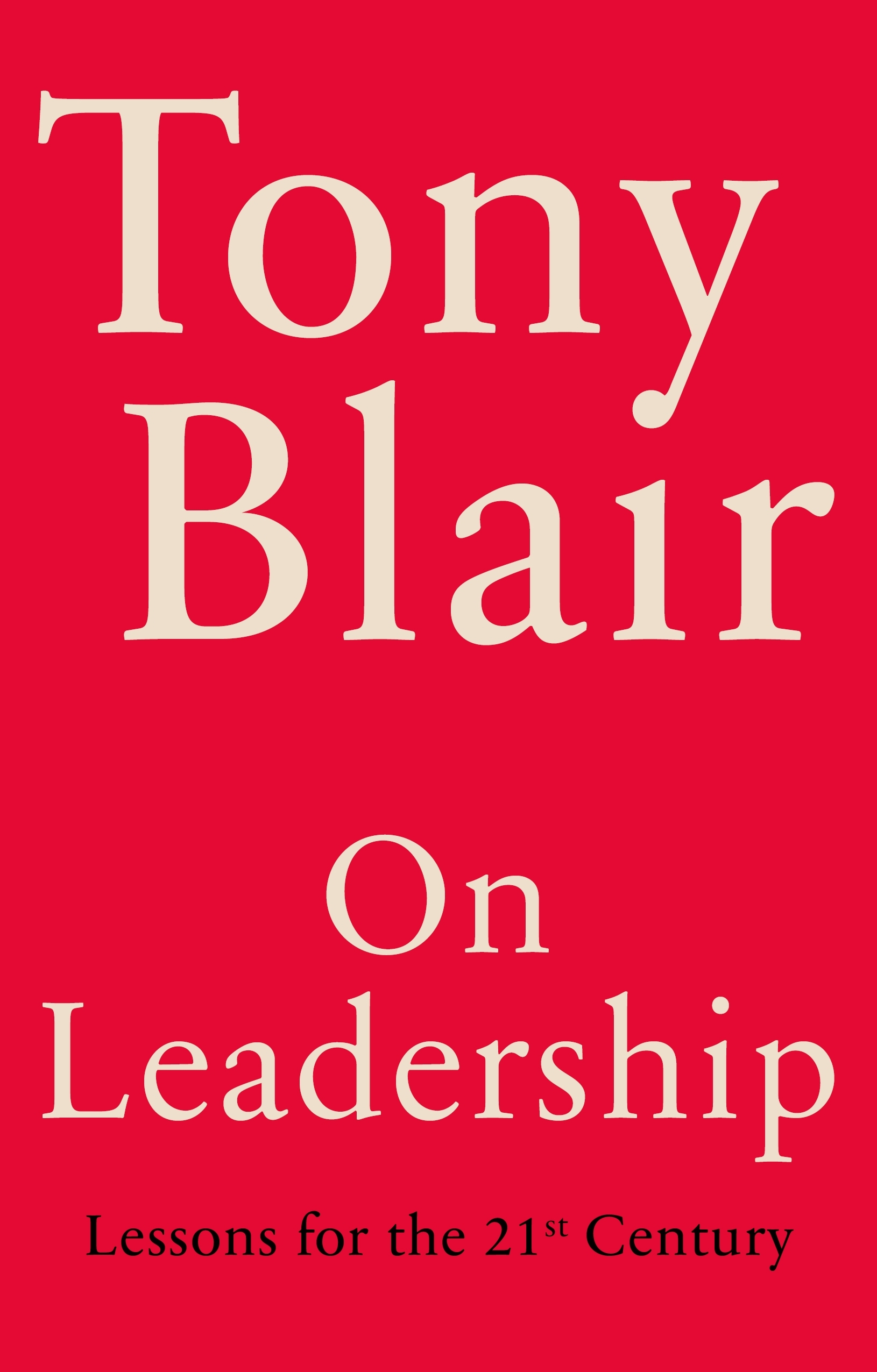
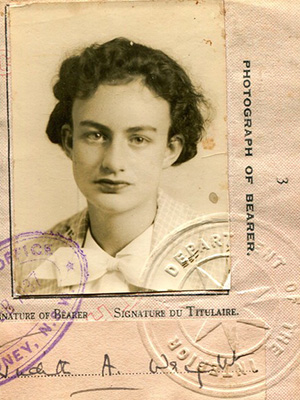
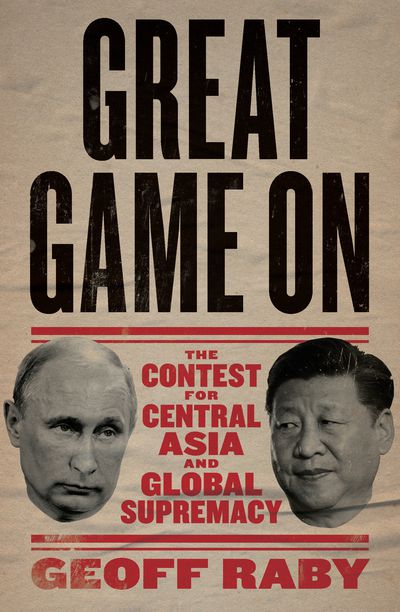
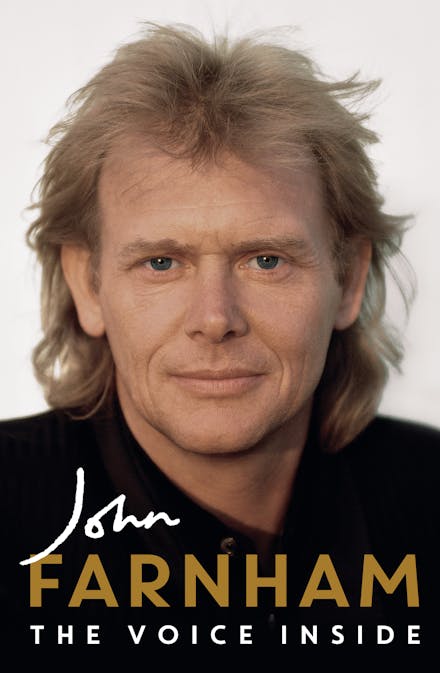
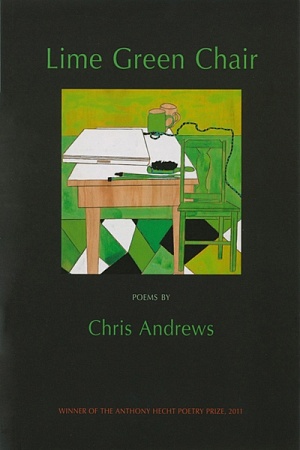

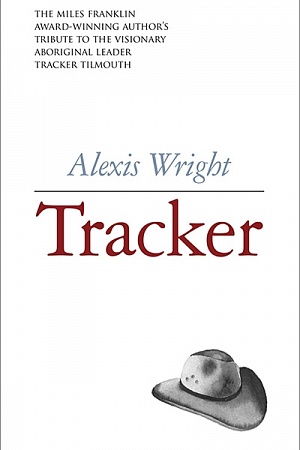
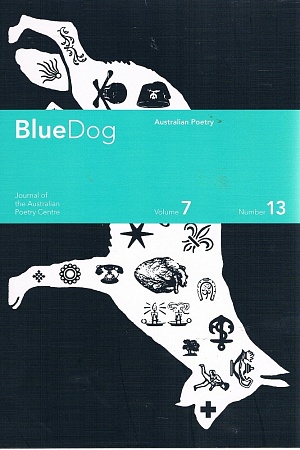
Leave a comment
If you are an ABR subscriber, you will need to sign in to post a comment.
If you have forgotten your sign in details, or if you receive an error message when trying to submit your comment, please email your comment (and the name of the article to which it relates) to ABR Comments. We will review your comment and, subject to approval, we will post it under your name.
Please note that all comments must be approved by ABR and comply with our Terms & Conditions.